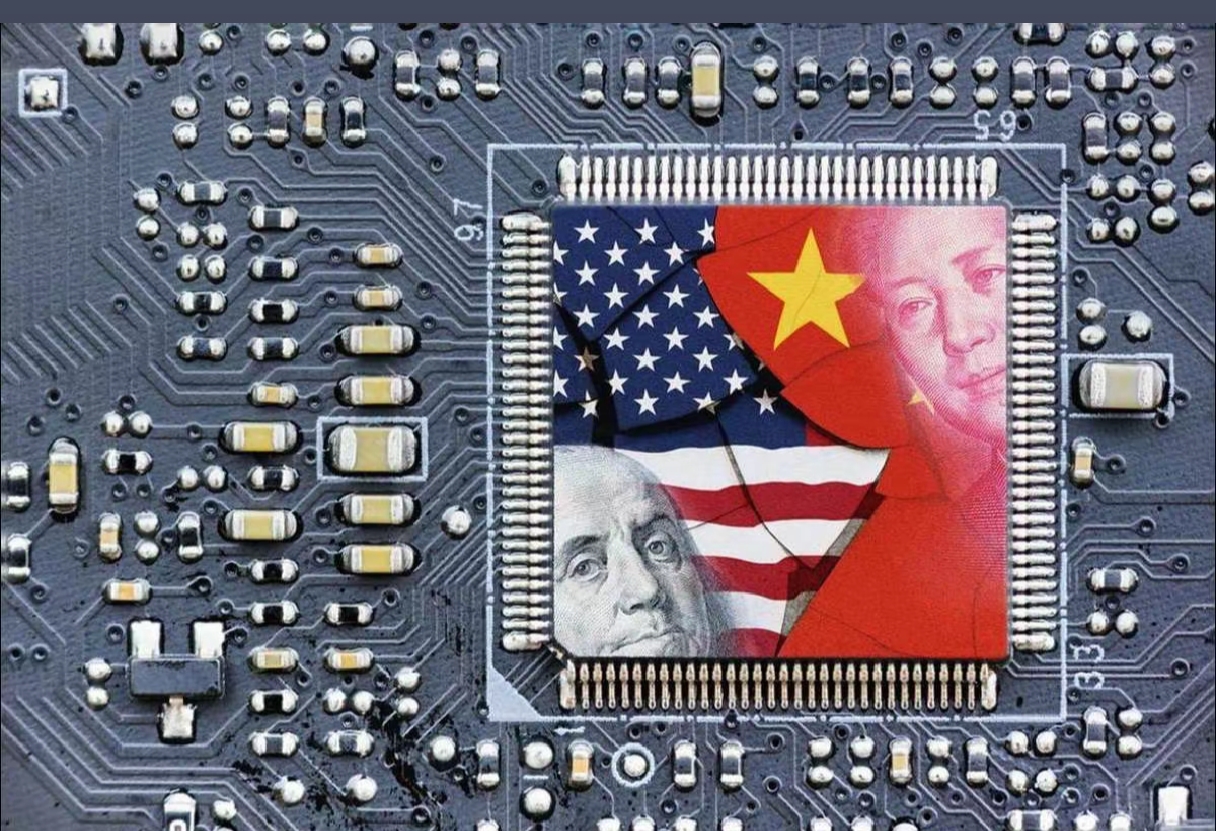
The White House is reported to be planning to scrap export regulations for artificial intelligence chips altogether, abandoning policies that were strongly opposed by allies and companies such as Nvidia and Oracle during the Biden administration.
Biden-era AI export measures will stifle American innovation and burden companies with onerous regulatory requirements, the United States Department of Commerce said in a statement Monday. The rules“Will reduce dozens of countries to secondary status and damage US diplomatic relations with these countries,” the United States Department of Commerce said, it will suspend export regulations on AI, which were due to take effect on May 15, and announce more measures to tighten export controls on semiconductors around the world. According to the statement, the United States Department of Commerce will issue a notice formally withdrawing the rule and issue an alternative.
Former US President Biden imposed export controls on high-end AI chips a week before he left office, imposing a“Three-tier licensing system”, according to earlier reports, to limit the number of AI chips countries can get from the United States. Under the rules, 18 countries, including G7 members, will be allowed to import advanced AI chips from the United States without any restrictions, while 120 countries, including Singapore and Saudi Arabia, will have their imports limited, countries such as China and Russia will have little access to advanced AI chips from the US. In a separate report, Bloomberg said the measure was aimed at preventing China from getting AI chips through third countries and would bring more countries under U.S. oversight.
Using the Huawei Shengteng chip anywhere in the world would violate US export controls, the Commerce Department said in a statement Wednesday, it also plans to issue public warnings about the potential consequences of allowing American AI chips to be used in developing Chinese AI models. Whatever the outcome, the commerce department said, it would“Work with other countries we trust to adopt an aggressive, inclusive strategy for American AI technology while preventing it from falling into the hands of our adversaries.”
People familiar with the situation said the United States Department of Commerce was drawing up a new plan that could move to separate agreements with countries. The terms of bilateral chip agreements that the U.S. government is likely to negotiate with countries in the coming months will be key, but reaching such agreements is a difficult task, the report said, and it can lead to dozens of different policies for companies to comply with.
Many countries, including Saudi Arabia and the United Arab Emirates, are strongly opposed to the limited access to AI chips. Nvidia has also been a consistent critic of the US Government’s chip export controls and has pushed for their complete abolition, arguing that restrictions on third countries would only push them towards China. Jen-hsun Huang, Nvidia’s chief executive, said last week that American companies should be allowed to export to China, where he predicted the market for artificial intelligence chips could reach $50bn in the next few years.
In January, a Ministry of Commerce of the People’s Republic of China spokesman said the measure“Seriously impedes normal economic and trade exchanges between countries and seriously undermines market rules and international economic and Trade Order.”, seriously affect the global scientific and technological innovation, serious damage, including the United States, including the interests of global enterprises. China is firmly opposed to this.